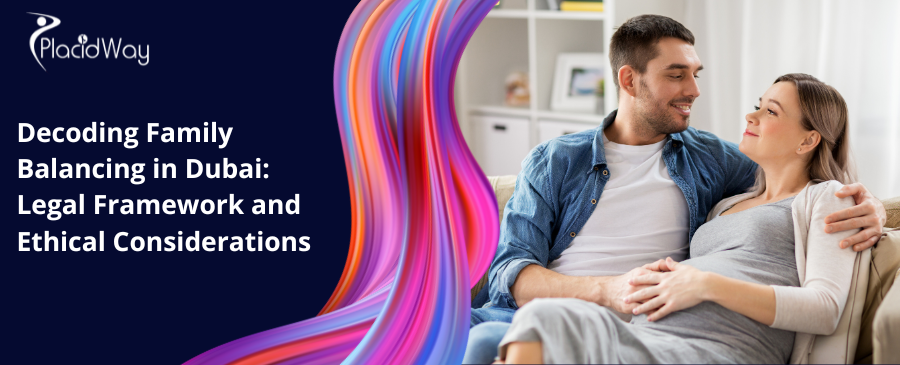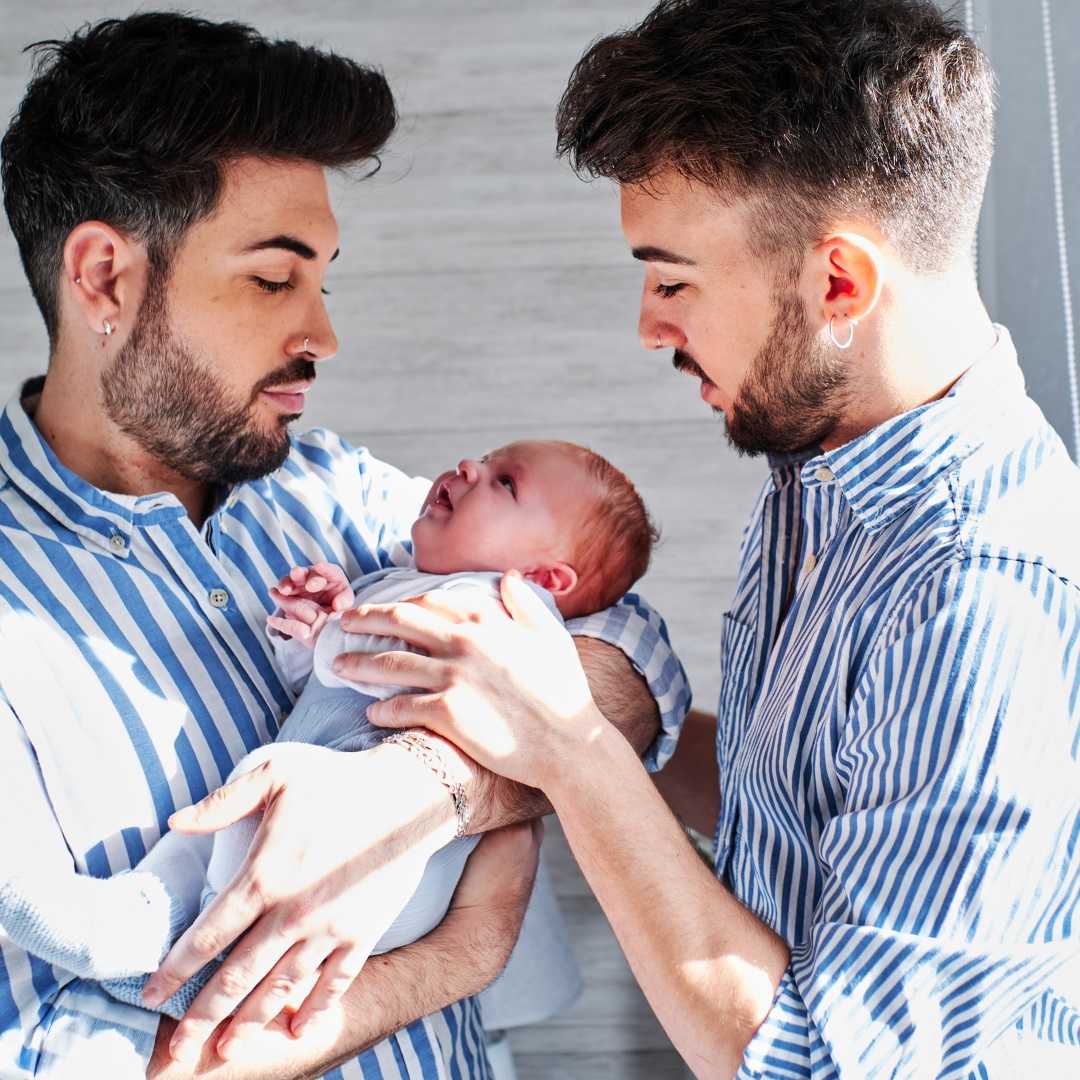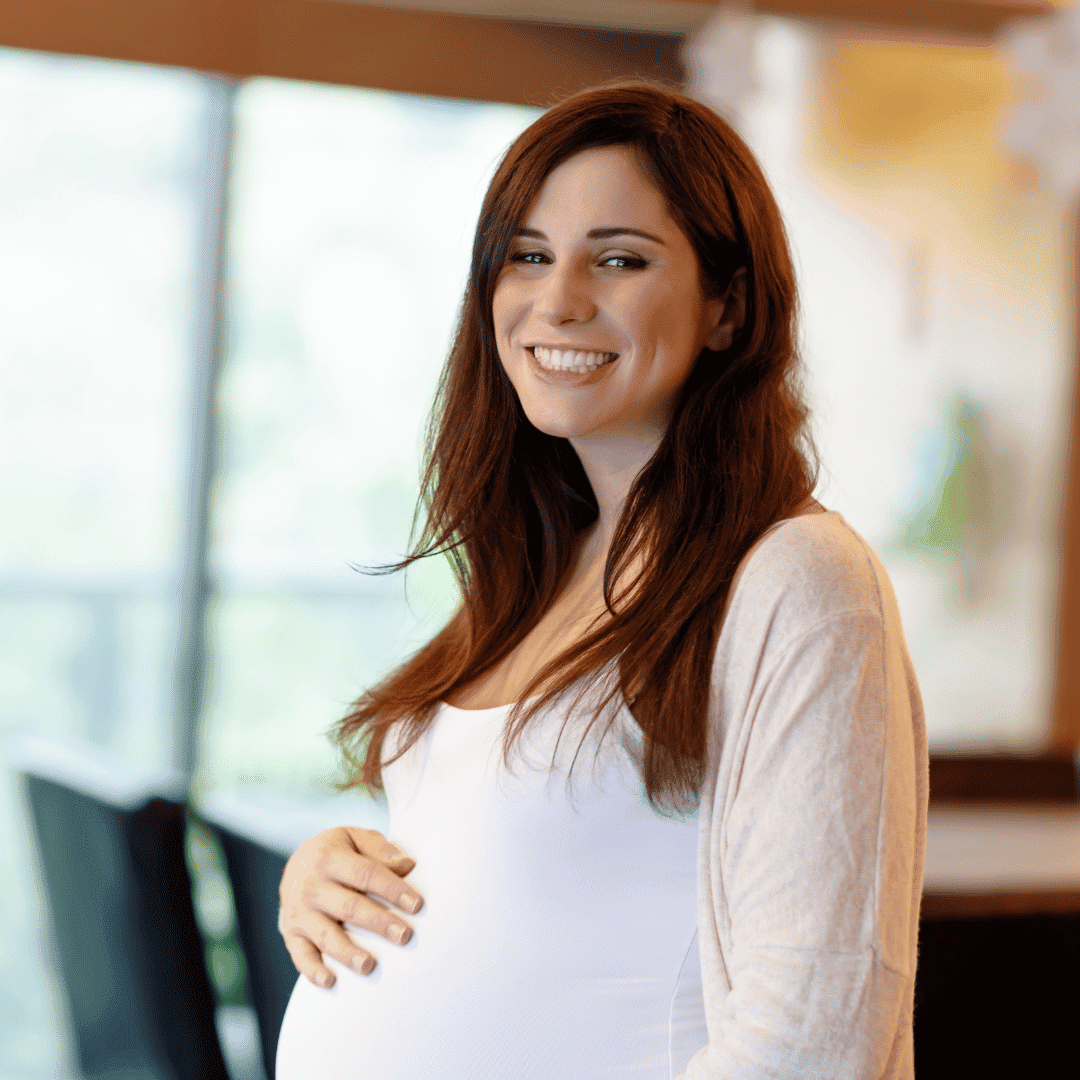Family Balancing in Dubai: Legal & Ethical Guide

Family balancing, a term often heard but seldom understood in its full context, refers to the choices and measures some families might consider to achieve a desired gender composition of their children. This topic touches on sensitive cultural, ethical, and legal dimensions, especially in a cosmopolitan city like Dubai, where modern healthcare meets diverse international values. This blog post dives deep into the legal framework and ethical considerations surrounding family balancing in Dubai, aiming to shed light on this complex topic for a broad audience.
Understanding Family Balancing
At its core, family balancing involves medical and technological interventions that allow families to increase the likelihood of having a child of a specific gender. These interventions range from simple methods like timing conception to more advanced medical procedures such as Preimplantation Genetic Diagnosis (PGD) or Preimplantation Genetic Screening (PGS) in conjunction with In Vitro Fertilization (IVF).
The Legal Framework in Dubai
Dubai, a city renowned for its skyscrapers and bustling markets, is also a place where tradition meets modernity, especially in the realm of medical ethics and law. The legal stance on family balancing in Dubai, and the broader United Arab Emirates (UAE), is intricate, rooted in Islamic principles while also navigating the complexities of modern medicine.
Regulations Governing Medical Interventions
The UAE's legal system generally prohibits sex selection procedures before conception but allows some leeway for health-related genetic testing. The use of technologies like PGD and PGS is strictly regulated under the Federal Law No. 11 of 2008 on Licensing of Fertility Centers in the UAE. This law mandates that such interventions can only be carried out for health reasons, such as avoiding genetic diseases, rather than for achieving a balanced family in terms of gender.
However, the interpretation and application of these laws can vary, with certain allowances made for families with existing children of one gender, looking to balance their family with a child of the opposite sex. It's essential for those interested in these procedures to consult with a legal advisor to navigate the current legal landscape accurately.
Some of the best clinics are:
Ethical Considerations
Ethical debates around family balancing in Dubai and worldwide pivot on several key considerations. Critics argue that sex selection promotes gender bias and could lead to demographic imbalances. There's also a deep moral question about the extent to which humans should intervene in the natural process of conception and birth.
Proponents, however, see family balancing as a personal choice that supports family happiness and balance, especially for families longing for a child of a particular gender after having multiple children of the opposite sex. They argue that with proper regulation, the ethical concerns can be mitigated.
Balancing Act: Cultural Perspectives and International Views
Dubai's position as a global hub brings together a mosaic of cultural beliefs and practices, including those related to family and childbirth. The desire for a balanced family is not unique to the region but is a common thread among many cultures. However, the ethical and legal acceptance of methods to achieve this balance varies widely across the world.
In many Western countries, there is a more lenient stance towards family balancing, provided it is done within regulated and ethical boundaries. In contrast, other countries maintain strict prohibitions against any form of gender selection, highlighting the diverse global landscape of legal and ethical perspectives on this issue.
Navigating Choices in Dubai
For families in Dubai considering family balancing, the path is fraught with legal, ethical, and emotional considerations. It's crucial for these families to:
- Seek Comprehensive Information: Understand the legal framework and available medical options within Dubai and the broader UAE.
- Consult Healthcare Professionals: Engage with fertility specialists who can offer guidance on the ethical and medical aspects of family balancing.
- Consider Counseling: Explore emotional and psychological support to navigate the complex feelings and decisions involved in family balancing.
The Road Ahead
The conversation around family balancing in Dubai reflects broader global debates on the ethics of reproductive technologies. As medical science advances, societies worldwide will continue grappling with these issues, balancing the promise of new technologies with the need to uphold ethical principles and respect cultural values.
Dubai, with its unique position as a crossroads of cultures and ideas, provides a fascinating case study in how laws and ethics evolve in response to these challenges. The city's approach to family balancing, grounded in a respect for both tradition and modernity, offers insights into how societies can navigate the complexities of reproductive choices in an ethically sensitive manner.
Family balancing in Dubai encapsulates a broader dialogue about the intersection of technology, ethics, and law. As we move forward, the key will be to foster open, informed discussions that consider the diverse perspectives and values of all stakeholders involved. Through empathy, understanding, and thoughtful regulation, we can navigate the ethical labyrinth of family balancing, ensuring that advances in reproductive technology enrich society in ways that are respectful, equitable, and humane.














